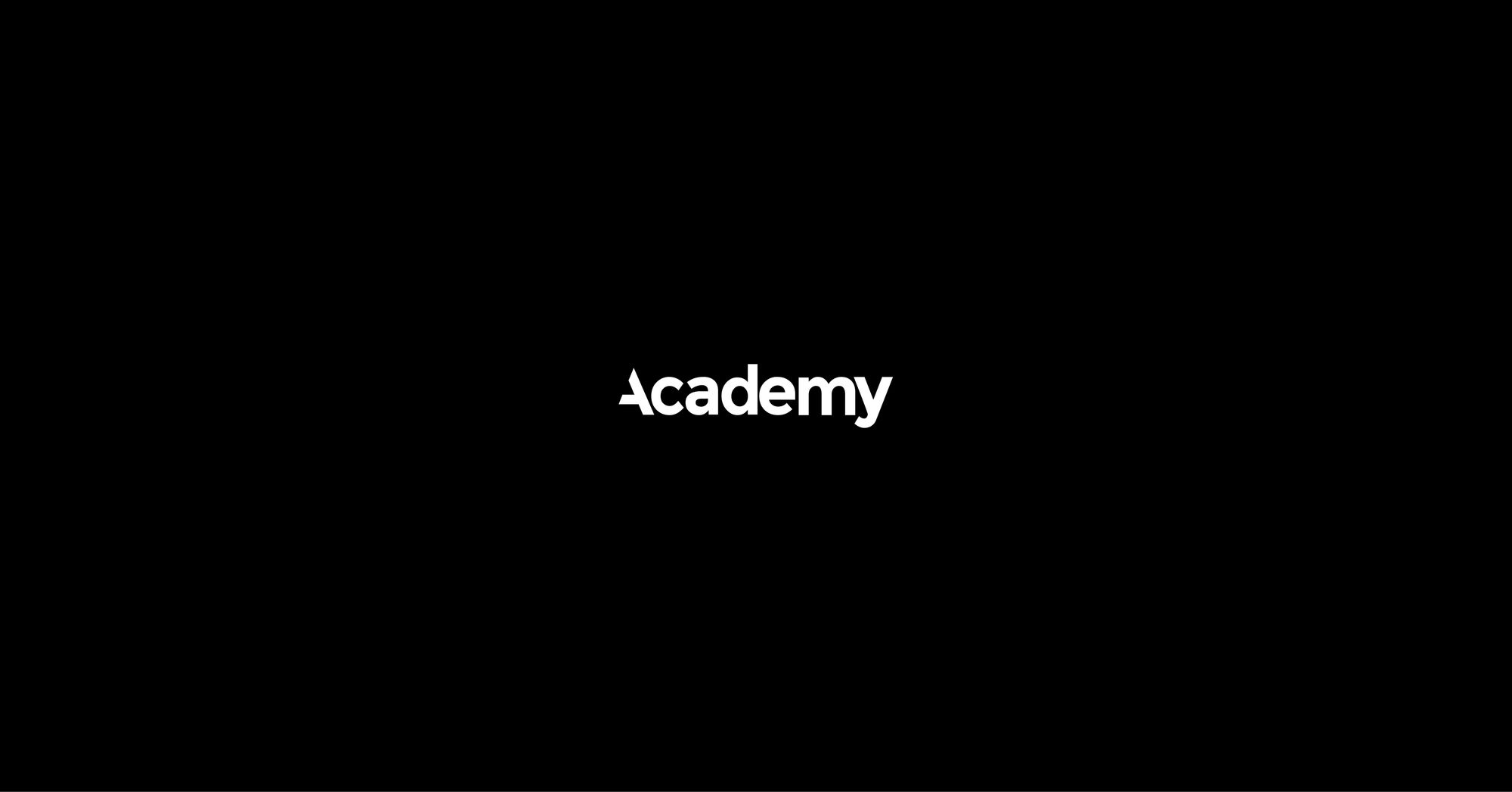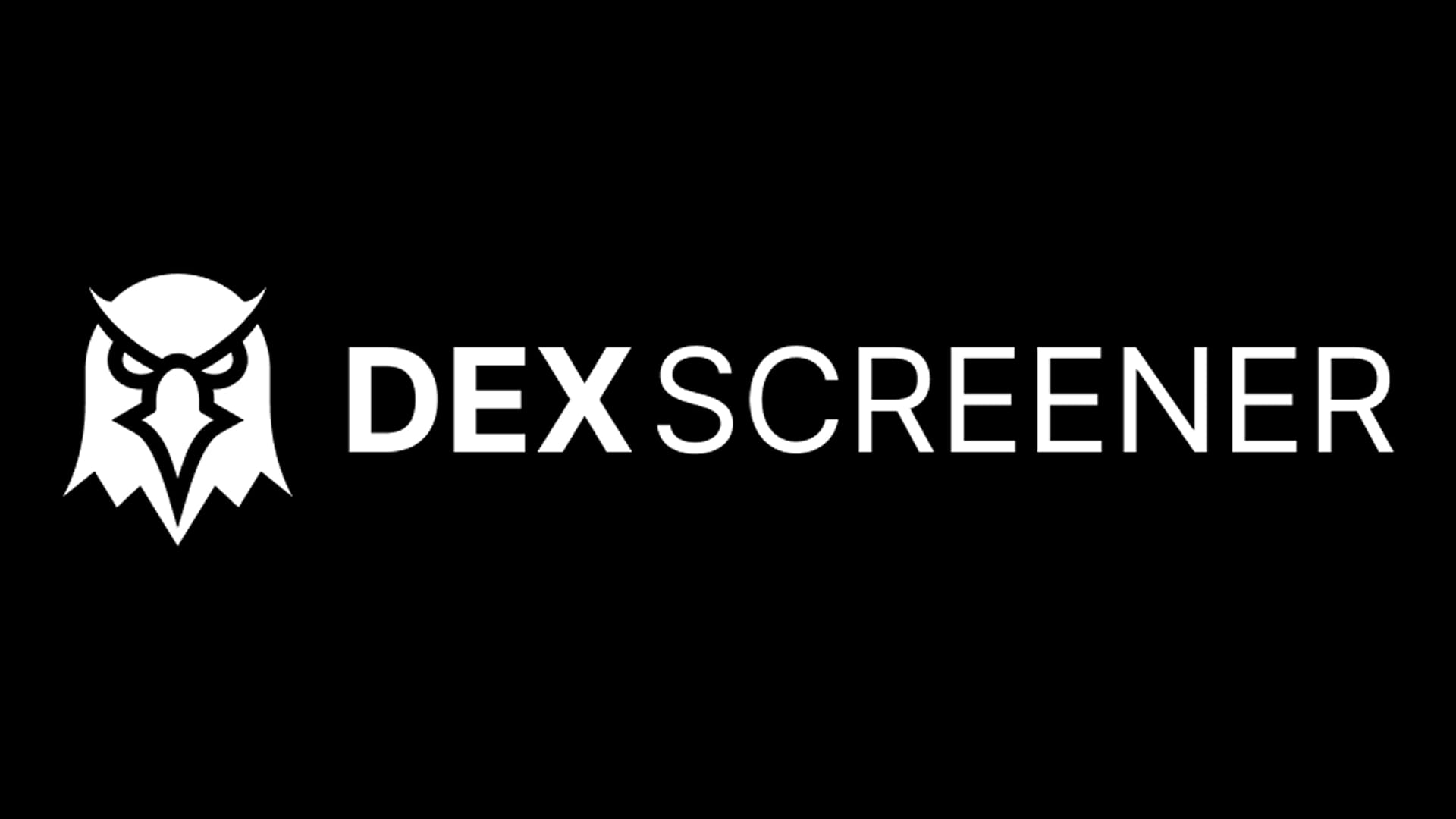How To Build The Perfect UX Portfolio
Learn the art of crafting the perfect UX portfolio! Valuable tips we have gathered from the best in the industry.

Searching for your next great UX role can be overwhelming, but having the right tools can make all the difference toward landing your dream job. Whether it's been a few years since you were on the job market or you've been on the hunt for a while, a stellar UX portfolio can significantly impact your search.
At Academy, we recommend that every UX professional in our talent network include a well-curated, thoughtful portfolio as part of their personal brand package. And yes that means you too: UX Researchers, Product Managers, UX Writers, DesignOps Managers.
"A strong portfolio, no matter what discipline you are in, is crucial in today's competitive job market...whether you're a product designer, UX researcher, strategist, product manager, UX writer, design ops manager, or even a data analyst, it's not enough to have a fancy resume; you need to showcase your skills and abilities in a way that captivates and inspires."
— Adam Perlis, CEO of Academy Product Design Agency
And it's not just about the visuals. With a compelling case study, you can demonstrate your problem-solving skills, innovative ideas, and unique talents and make a powerful impact that leaves a lasting impression.
This guide outlines why the UX portfolio is a critical career tool and what some of the industry's leading experts say about creating a visually stunning, well-curated portfolio—no matter your UX discipline.
Show off your skills
It perhaps goes without saying, but a great UX portfolio should showcase your skills and the projects you've contributed to in the past. The work you choose to highlight should be evidence of your creativity, technical acumen, design thinking skills, and problem-solving abilities. Unlike a job title or role description in your resume, your portfolio is the perfect place to give potential employers and clients an idea of what you're capable of and how you got there.
Demonstrate your expertise
Long before you get to the interview, it's good to establish expertise through your resume and thoughtful UX portfolio. A great UX portfolio can show off your experience, knowledge, achievement, and successes more effectively than a line in a resume or cover letter ever could. Giving comprehensive and thoughtful attention to the pieces you choose to highlight and how you talk about your process and the outcomes is crucial to establishing yourself as an expert in your UX discipline.
Stand out in a challenging market
With layoffs happening in almost every industry, it's practically guaranteed that many UX professionals will apply for the same roles. And while that might seem disheartening, it's wise to look at this through the lens of solving a unique challenge. That's what UX is all about, right? Approaching your UX portfolio with all the care and attention of your most important project can be a leg up in a saturated, exhausted market. Think of it as differentiating your product (yourself) from your competition's.
Be ready for anything
As with any profession, the UX industry is constantly evolving. It's important to continue honing your craft and learning about the latest trends and approaches to your UX practice. Regularly updating your UX portfolio is critical to ensuring that when a great opportunity does come along, you're ready—whether you're currently looking or not. This diligence will show potential employers that you're continually improving and expanding your knowledge base and are prepared to take on new challenges.
“I have passed great opportunities to designers many times, and I’ll often hear, ‘Give me a few weeks to get my portfolio updated.’ That dream job might be gone by then.”
— Christian Beck, Editor of UX Power Tools and Better Product
In this guide, we'll explore the ins and outs of building a UX portfolio to help you stand out and land a dream role, with insight from UX leaders across the industry to inspire you and help you craft the perfect portfolio. Click the links below to go deeper into each topic:







